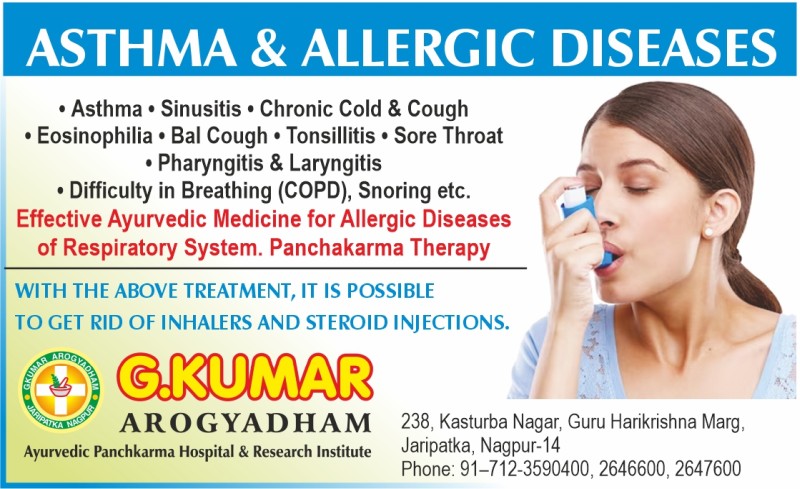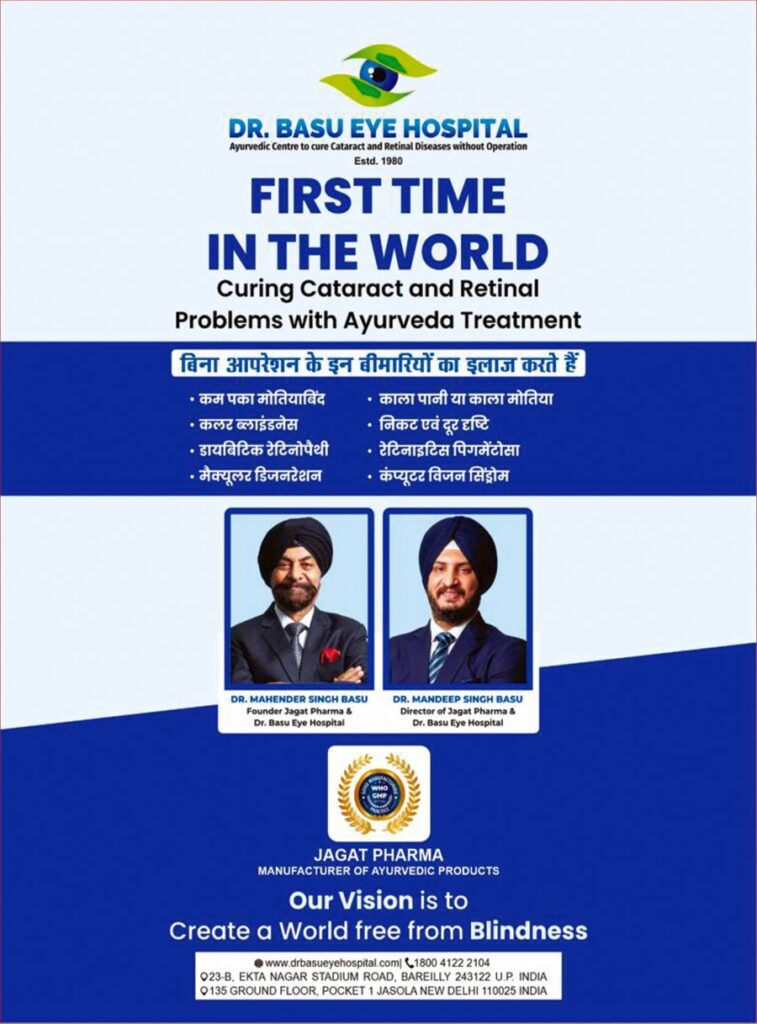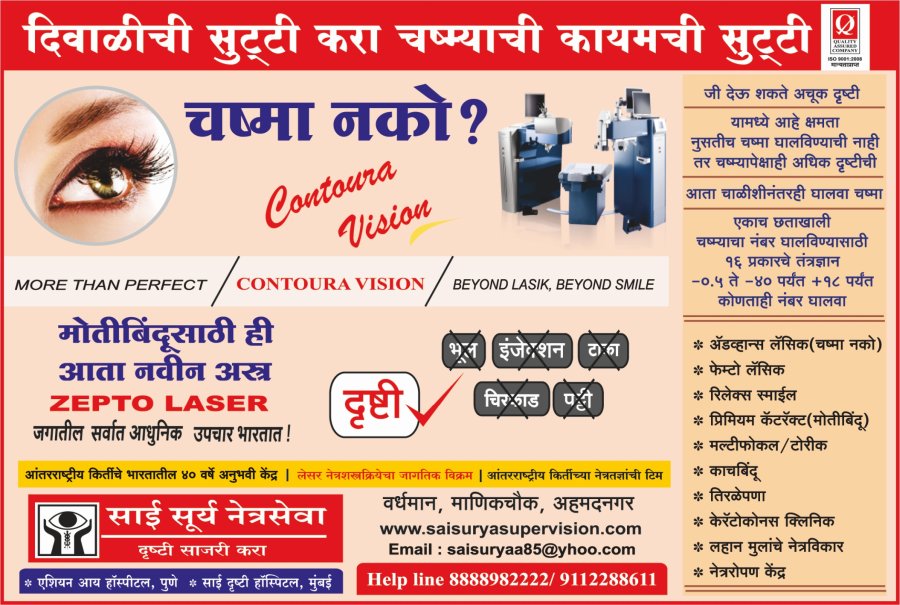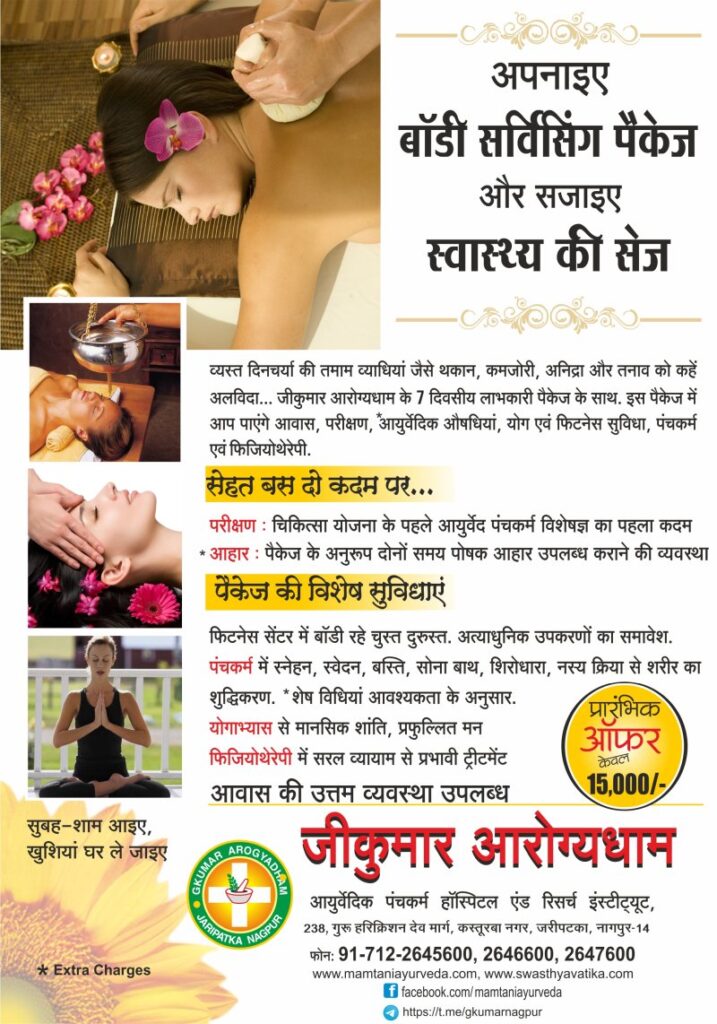
A healthy body needs a healthy mind. For the mind to be healthy a good quality sleep is necessary. A good sleep leads to a proper functioning of the mind and good alertness while a person is awake. But in today’s world which is full of stress and negativity, its really difficult to get a good sleep. Whether it is youngster or adult, many are facing sleep problems. Some have trouble falling asleep, some find it difficult to stay awake during the day, for some imbalances in circadian rhythm interferes with healthy sleep schedule, while others may have some unusual behaviours that interfere with their sleep.
Among the sleep issues, we commonly see insomnia in many people. Insomnia is marked by persistent challenges in both falling asleep and staying asleep, even when the desire to sleep and sufficient time for sleep are present. Those afflicted with insomnia often contend with daytime drowsiness and may find it challenging to maintain their normal level of alertness while awake. The label of ‘chronic insomnia’ applies when an individual experiences these symptoms on a minimum of three nights a week for a period extending to at least three months. Insomnia can be due to stress, travel or work schedule, eating too much late in the evening. Chronic insomnia can be due to mental health issues, medical conditions, medications or sleep related disorder. There are various treatments – including therapy which can be counselling, cognitive behaviour therapy for solving underlying issues. Medications as suggested by the doctor, sleep aids.
Another common sleep-related breathing disorder is sleep apnoea. Individuals affected by this condition frequently experience loud snoring and may awaken with episodes of choking or gasping for air. Sleep apnoea manifests in two primary forms. Obstructive sleep apnea arises when tissues in the mouth and throat relax, often causing repeated obstructions in the upper airway. Central sleep apnoea, on the other hand, stems from temporary interruptions in brain signals to the respiratory muscles responsible for breathing. Treatment alternatives for sleep apnoea encompass CPAP therapy, oral devices, and, in select cases, surgical interventions.
Narcolepsy is a sleep disorder that induces profound daytime fatigue, even when individuals have received a sufficient amount of sleep. This condition often triggers an uncontrollable compulsion to sleep, resulting in brief episodes known as ‘sleep attacks.’ These sleep attacks, along with other narcoleptic symptoms, arise from disturbances in the brain’s capacity to maintain a normal sleep-wake rhythm. People with narcolepsy face an elevated risk of accidents or injuries, but with the aid of medications and adjustments to their lifestyle, effective treatment is attainable.
” Some people suffer from restless legs syndrome (RLS). They experience tingling or crawling sensations that create an irresistible urge to move their legs. The sensations and urge to move tend to get worse when sitting or lying down, thus it is difficult for them to sleep. “Restless Legs Syndrome (RLS) is associated with pregnancy, Parkinson’s disease, iron deficiency, and various other factors, yet the underlying cause remains a mystery in the majority of RLS cases. This can be managed by effective treatment approaches include adopting healthy sleep routines, making dietary modifications, engaging in physical activity, utilizing medical devices, and employing medications.”
Another group of unusual sleep behaviors which occurs before falling asleep, during sleep, or in the transition between sleep and wakefulness is parasomnias, seen commonly in children, though it affects adults as well. They include sleepwalking, bedwetting, night terrors, and more unique ones like exploding head syndrome. Maintaining the safety of the sleeper and any bed partners as well as promoting sufficient healthy sleep is needed to manage this condition.
While it’s common to experience drowsiness following a night of sleep deprivation, the term ‘excessive daytime sleepiness’ (EDS) denotes a medical condition characterized by extreme grogginess that persists nearly every day for a minimum of three months. EDS can hinder or render it impossible to remain awake throughout the day. A diverse array of medical and psychological factors can contribute to EDS, encompassing conditions like sleep apnoea, narcolepsy, hypo-thyroidism, chronic pain, depression, and anxiety.
It is said that EDS serves as a symptom associated with numerous sleep disorders and other health-related issues. To pinpoint the underlying cause of EDS, a physician may recommend a sleep study or other diagnostic tests.
Good sleep habits to be followed by everyone includes. Be consistent in your bedtime and wake time, even during weekends. Regular exercising, staying active during the day. Use your bedroom only for sleep, students should not use it for studies. If on medications, consult your doctor if you have sleep issues. Day time naps should be limited, if possible, avoid. Avoid caffeine and alcohol, and don’t use nicotine.Late night meals are to be avoided. Beverages before bedtime are not to be taken. Listen to light music before going to sleep. A warm bath also helps in a good sleep.
Consult a psychologist if you have stress related issues or disturbing thoughts during sleep.
Stay Healthy and Have a
Good Sleep. Thanks

Dr. Shaini Suraj
Clinical Psychologist
Meghe Group of Institutions




